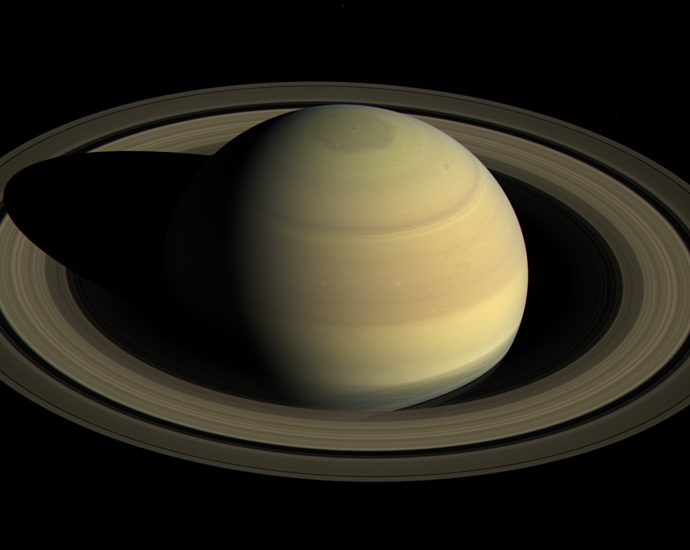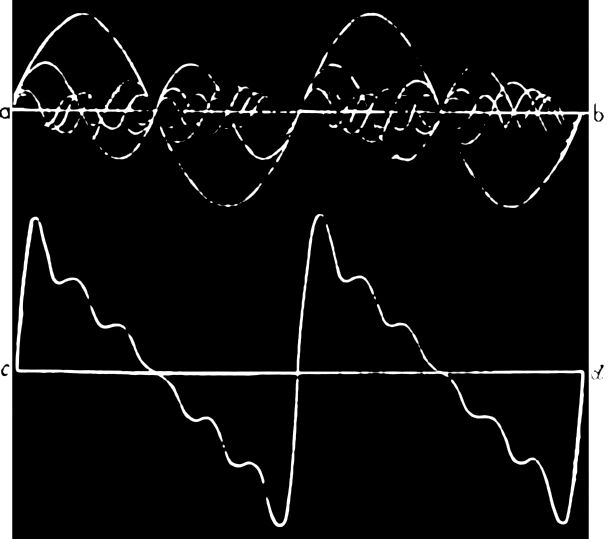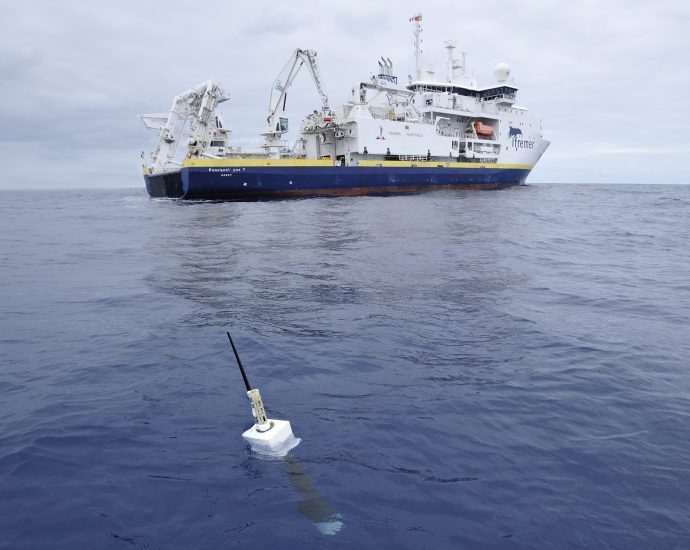Saturn’s Majestic Rings are Extremely Young–and Might Not Be Around for Much Longer
Newly-analyzed data from the Cassini space probe has revealed that Saturn is losing material from its visually stunning ring system at a rapid rate, due to an effect cased by the planet’s wide-reaching magnetic field that produces what NASA is calling “ring rain”. The rapid loss of material has alsoread more


